
Purnima Menon
Senior Director, Food and Nutrition Policy; Acting Senior Director, Transformation Strategy, Markets,
Trade, and Institutions, Nutrition, Diets, and Health, Poverty, Gender, and Inclusion

Back
With research staff from more than 60 countries, and offices across the globe, IFPRI provides research-based policy solutions to sustainably reduce poverty and end hunger and malnutrition in developing countries.

researcher spotlight
Emily Schmidt is a Senior Research Fellow in the Development Strategies and Governance Unit. Her most recent research explores household livelihood strategies in Papua New Guinea, including linkages between agriculture, poverty, and nutrition outcomes among rural smallholder farmers.

Back
Since 1975, IFPRI’s research has been informing policies and development programs to improve food security, nutrition, and livelihoods around the world.

Back
IFPRI currently has more than 600 employees working in over 80 countries with a wide range of local, national, and international partners.
Governance refers to how power and authority are used to manage the collective affairs of a community, society, or nation. Institutions are the systems of formal and informal rules that enable the development of policies, cooperation, and innovation. While there is no singular definition of ‘good governance,’ it usually refers to governance systems that are capable of delivering on objectives, are socially inclusive, responsive to information and needs, efficient, and accountable to citizens.
Sound institutions and good governance—from the local to the global level—are central to the effective functioning of food systems, and more broadly to reducing rural poverty, hunger, malnutrition, and social inequality, as well as conserving natural resources. They are equally important for promoting civic participation in political affairs and mutual accountability between leaders and citizens. Poor governance can contribute to economic and social inequities, conflict and a lack of social cohesion, unsustainable and inefficient resource use, poor delivery of public services and infrastructure, and lack of accountability for governments and leaders, all of which can worsen food insecurity and poverty. Governance systems worldwide, meanwhile, are also under increasing pressure from the aftermath of the COVID-19 pandemic, debt and fiscal crises, climate change, and inequality.
IFPRI’s governance research focuses on property rights, collective action, and service delivery, as well as government accountability and elevating the voices and inclusion of marginalized groups in governance, including women. Our work analyzes the role of institutions and governance arrangements, as well as the related policy processes, in promoting food security and nutrition, poverty reduction, resilience to climate change, social cohesion, gender equality, and environmental health. These include policies for strengthening property rights (including land tenure), inclusive and effective collective action, multi-stakeholder deliberations and platforms, pro-poor public investments and policies, and how to improve service delivery. IFPRI’s work also analyzes the political economy of climate change governance and food systems transformation.

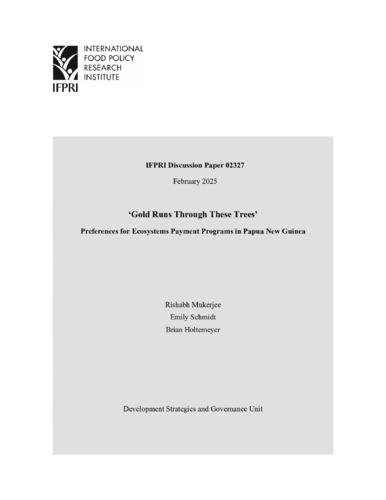
Working Paper

Journal Article
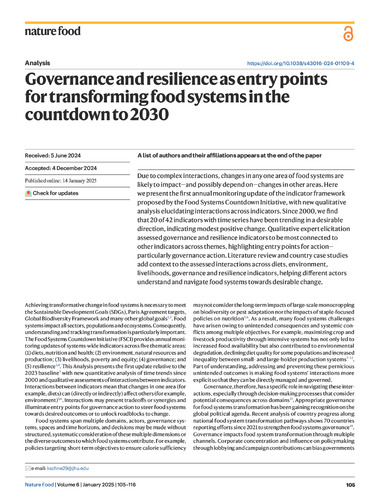
Journal Article
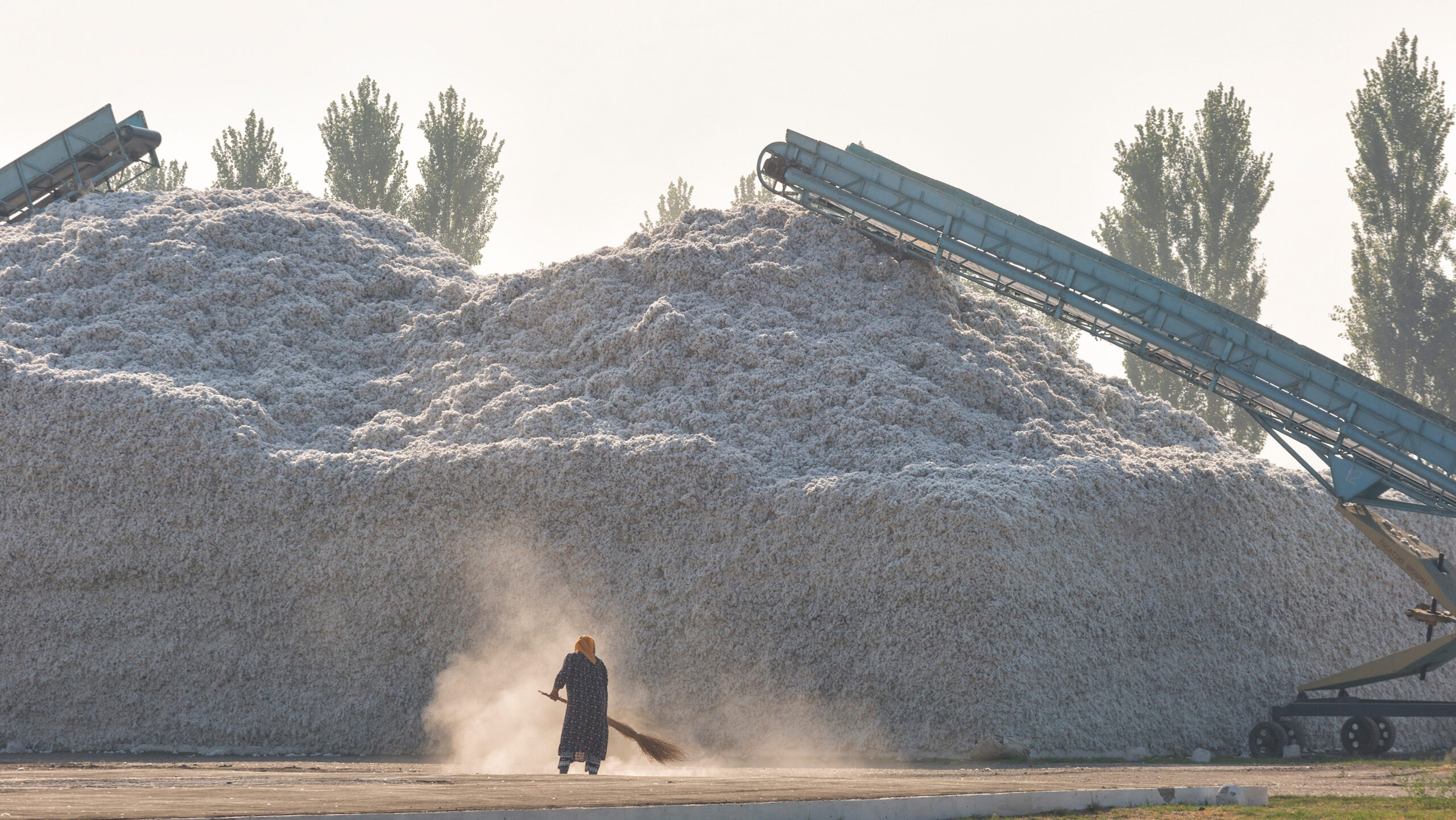
Gauging efforts to build water security.
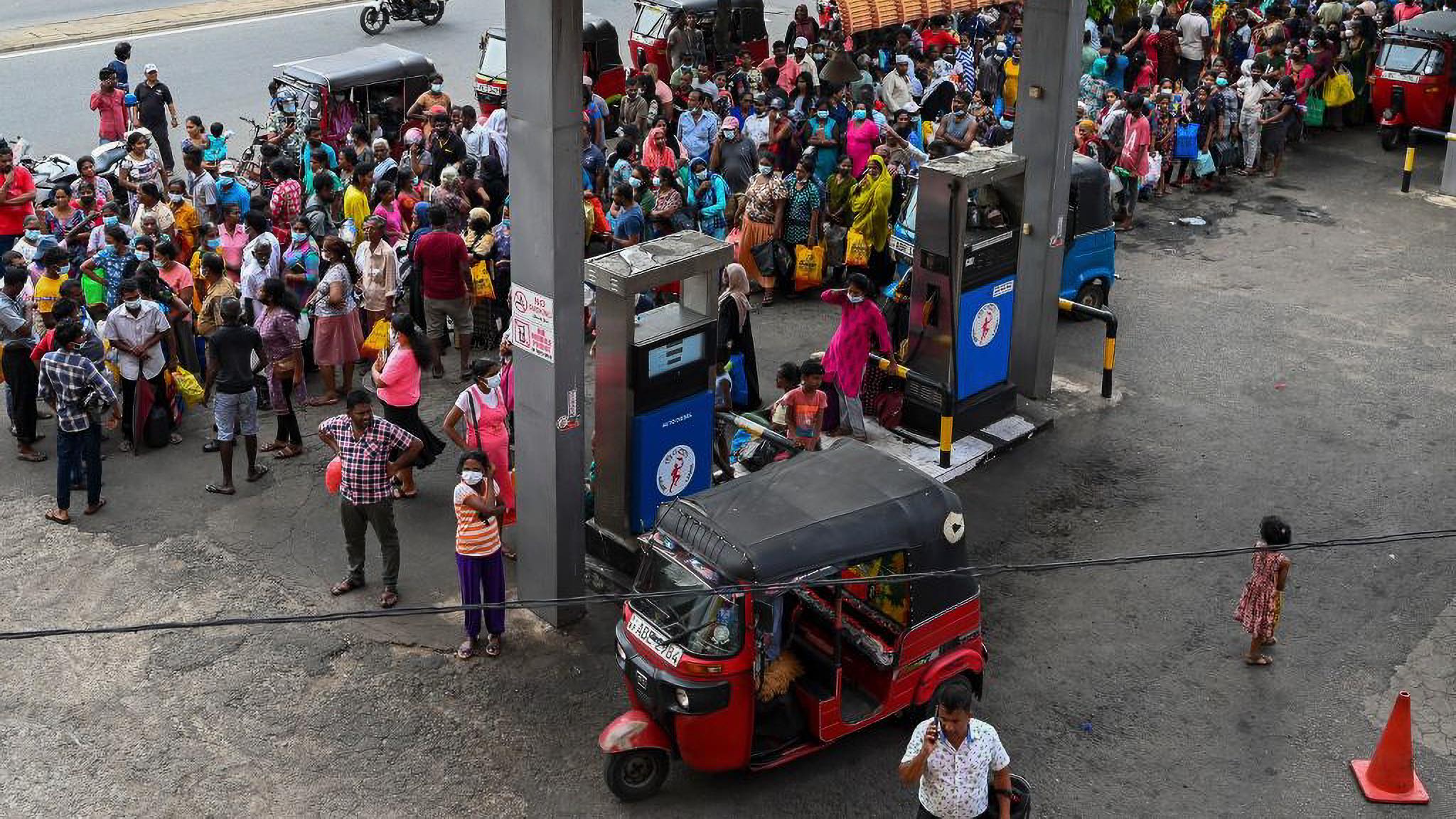
Research can shape a new government’s decision-making.
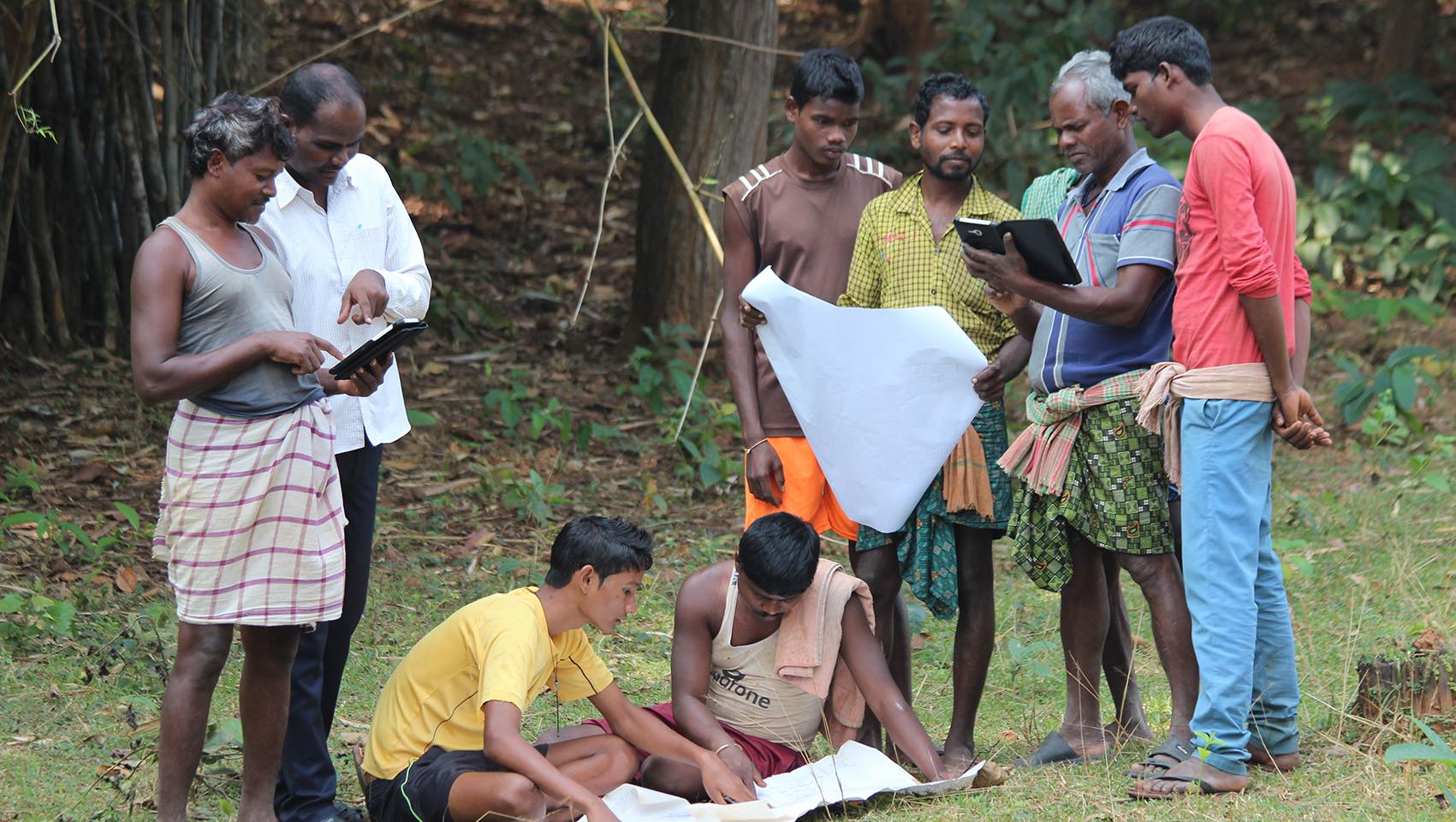
Advantages of “both/and” solutions.
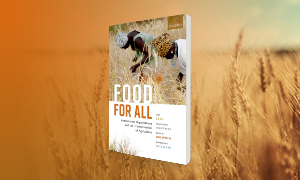
Virtual Event: March 22, 2022 – 9:30 AM to 11:00 AM EDT. This event features a panel discussion on global governance, food security and nutrition, poverty reduction, and gender.

Virtual Event: Feb 02, 2022 – 09:30 AM to 11:00 AM EST. This policy seminar will present a summary of the latest IFPRI-World Bank research findings and feature speakers discussing the need for more rapid adoption of technological solutions that foster less emissions-intensive productivity growth across developed and developing countries alike.
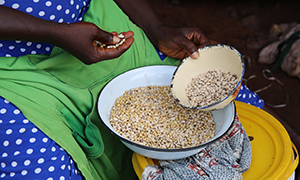
Virtual Event: OCT 28, 2021 – 02:00 PM to 03:30 PM CAT. This workshop will disseminate the results of the impact evaluation of the InovAgro project's interventions.
IFPRI is pleased to announce that Steven Were Omamo joins IFPRI as the new Director of the DSG Unit.
New UN report highlights urgent need to strengthen urban and peri-urban food systems for global food security and nutrition.
Senior research fellow Danielle Resnick was interviewed by CNN on the reasons behind farmers’ protests throughout Europe. Resnick says, “These protests reflect some complex political economy dynamics, especially as European governments are trying to navigate the fiscal and climate crisis. Farmers have a lot of grievances, but one that they noted was their own returns on investment has really shifted over […]

Senior Director, Food and Nutrition Policy; Acting Senior Director, Transformation Strategy, Markets,
Trade, and Institutions, Nutrition, Diets, and Health, Poverty, Gender, and Inclusion

Director, Development Strategies and Governance (DSG); Acting, Director for Africa, Development
Strategies and Governance

Senior Research Fellow / Head of Capacity Strengthening, Development
Strategies and Governance

Senior Research Fellow, Innovation
Policy and Scaling

Senior Research Fellow, Poverty,
Gender, and Inclusion

Associate Research Fellow, Poverty,
Gender, and Inclusion

Senior Research Fellow, Development
Strategies and Governance

Project Manager, Development
Strategies and Governance

Nonresident Senior Fellow, Nutrition,
Diets, and Health

Nonresident Fellow, Development
Strategies and Governance

Research Analyst, Markets,
Trade, and Institutions

Research Analyst, Development
Strategies and Governance

Research Analyst, Development
Strategies and Governance

Senior Research Analyst, Natural
Resources and Resilience

Research Analyst, Development
Strategies and Governance